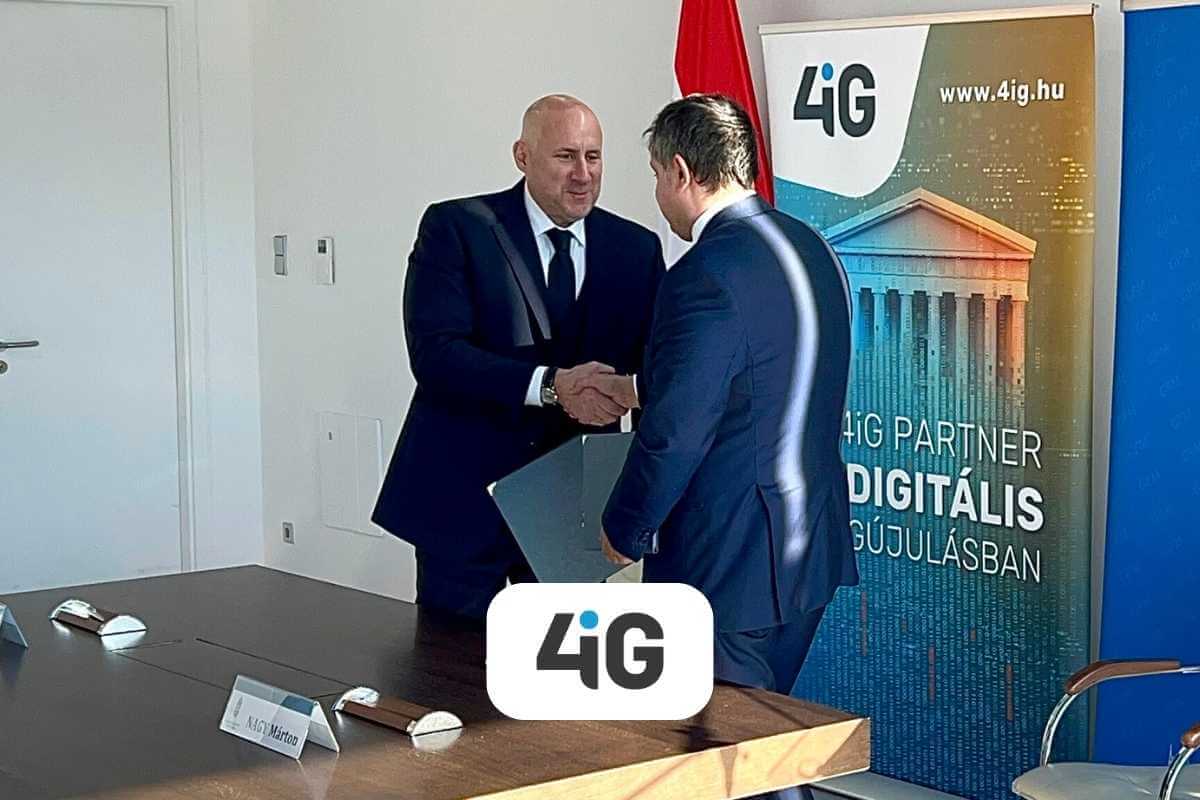
In an exchange filing on Thursday, the 4iG Group announced that it has signed a Memorandum of Understanding (MoU) with the Government of Hungary. This agreement will involve the telecom company enhancing the telecommunications infrastructure to support the implementation of the government's economic policy, which aims to boost domestic and international competitiveness and aligns with the National Digitalisation Strategy.
Also Read: NMHH Awards 32 GHz Spectrum Licences to Major Telcos in Hungary
4iG Commits to Network Investments
In support of the Hungarian Government's digitalisation goals, 4iG Group said the company has made four key commitments, which include investments, network expansion, broadband access/HD television services, and 5G deployment.
As part of its contribution, the 4iG Group has announced plans to implement mobile and fixed network investments worth HUF 150 billion in Hungary by 2028. This initiative will result in gigabit-capable networks being available in an additional 1.1 million households. Currently, 4iG provides gigabit services through the use of fixed and high-speed 5G wireless technologies (Fixed Wireless Access).
Also Read: 4iG Group to Sell DIGI Mobile Infrastructure to Pro-M
4iG will make broadband internet and HD television services available to nearly 100 percent of the population. Additionally, the company plans to deploy high-capacity 5G technology in key areas, including Budapest, county seats, and major transport routes, deploying at least 1,000 base stations.
Government Support
To facilitate these goals, the Government of Hungary will eliminate the utility tax on communications operators from January 1, 2024, and the telecommunications surcharge from January 1, 2025.
Also Read: Magyar Telekom and Hungarian Government Renew Commitment to Digital Transformation
Contributions by 4iG
"4iG will leverage its skills and expertise to propel small and medium-sized enterprises, expedite the fourth industrial revolution (Industry 4.0), enhance energy efficiency, implement digital initiatives in the state and education sectors, foster innovation and research, and modernise systems in health, defence, and law enforcement," said the company in a statement.















